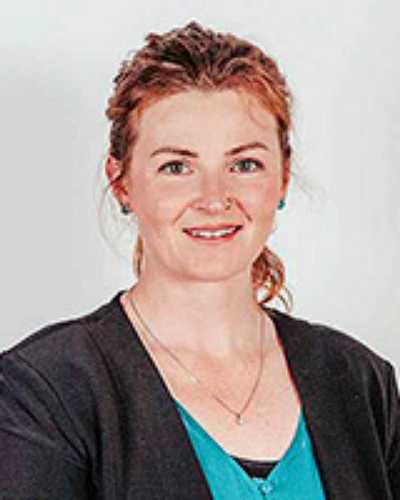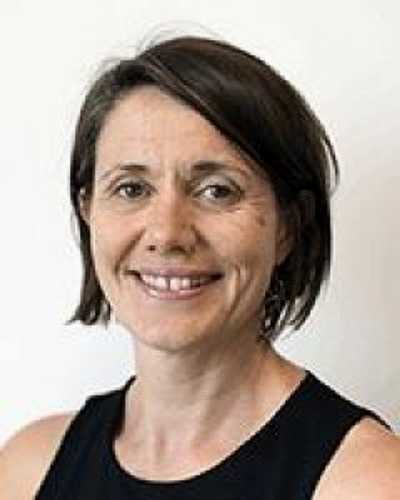early abstract:
Objectives: To evaluate the number and types of skin cancers excised by general practitioners in a rural clinic in South-West Victoria and analyse the number needed to treat and the influence of clinician experience on diagnostic accuracy.
Design: A retrospective audit of patient records from two discrete time periods (14/10/2019–05/11/2020 and 01/02/2021–17/02/2022). Data extracted included number of lesions removed, location of lesions, skin cancers detected, patient and clinician demographics.
Results: A total of 789 lesions were excised, of these 449 (56.9%) were histologically confirmed to be malignant. Males were statistically more likely to be diagnosed with a malignancy (P=<.001). The number needed to treat for melanoma and non-melanoma skin cancer was 5.4 and 1.4, respectively. Experienced GPs (>5 years' experience) were better at detecting melanoma and non-melanoma skin cancer than their junior colleagues.
Conclusions: This study investigated the demographics of rural skin cancer patients and the diagnostic skills of GPs in South West Victoria. Results obtained found males had a higher risk of skin cancer than females. The diagnostic accuracy for all skin cancers improved with clinician experience and a lower overall number needed to treat for both melanoma and non-melanoma skin cancer when compared to existing literature. Differences in this may highlight the experience, exposure, and professional interest of rural GPs, addressing a lack of specialist services in the area.






